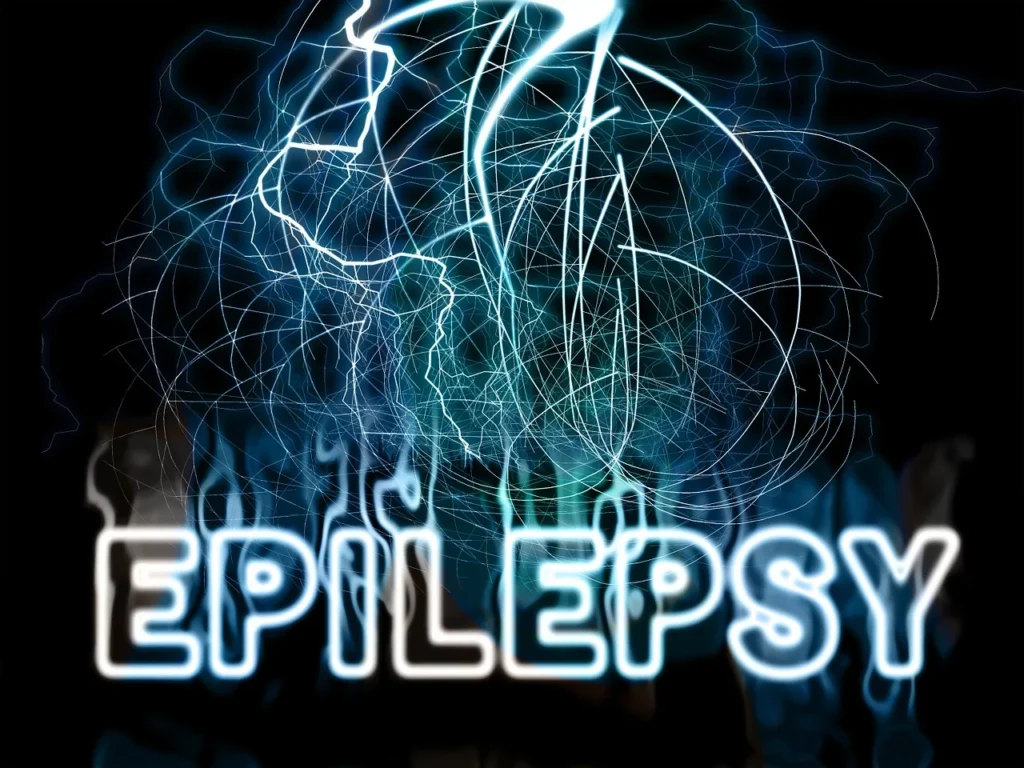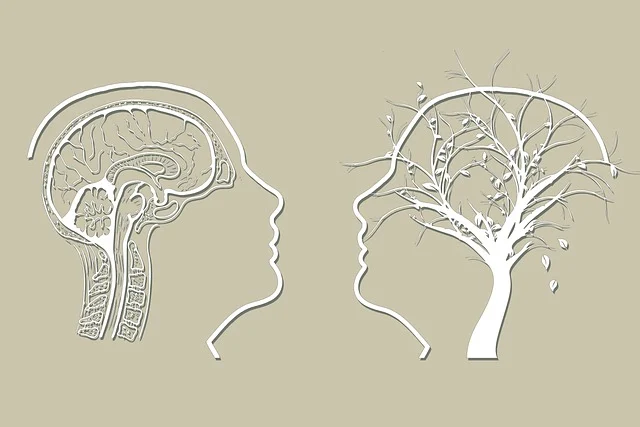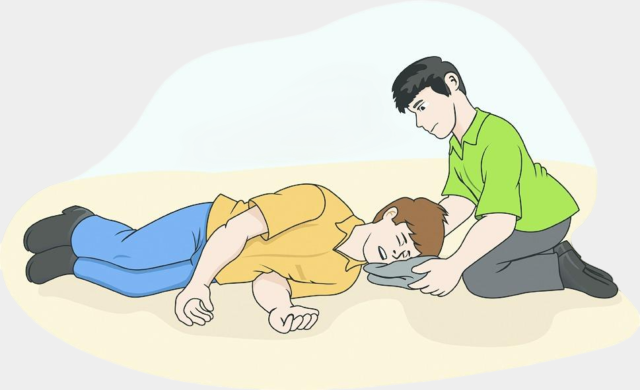When significant details about oneself escape your memory, it’s known as dissociative amnesia. These recollections frequently involve traumatic or disturbing experiences. The likelihood of it occurring is higher in cases of severe or chronic trauma, particularly when there has been abuse, neglect, or violence of any type. Most patients with this illness are able to retrieve their memories with treatment.
Dissociative amnesia
One of the various dissociative disorders is dissociative amnesia, a condition in which an individual loses track of important aspects of their past and becomes estranged from a complete comprehension of who they are and where they are at in life. It frequently happens after trauma or extreme stress. When someone has dissociative amnesia, their memory loss is abnormal and drastically interferes with their daily life. They might lose track of a particular incident, or they might forget who they are, their entire identity, and their past.
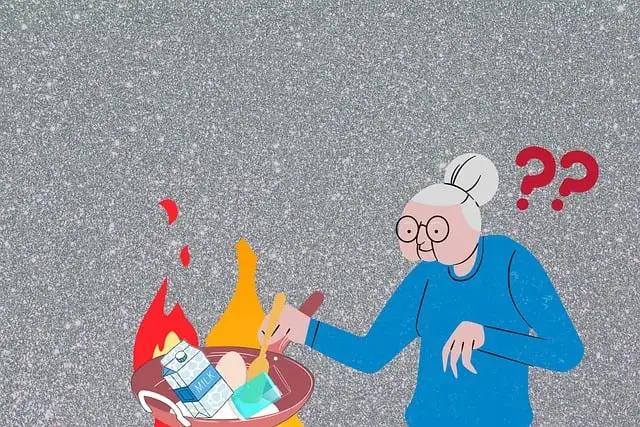
Even though they could seem confused, the person may or may not be aware of their memory loss. However, a person with dissociative amnesia seldom expresses concern about their situation, in contrast to people who experience medical amnesia following an injury or stroke.
Types of dissociative amnesia
Dissociative amnesia can occur in two primary ways:
- Retrograde: This is how the inability to recall the past is impacted by dissociative amnesia. It functions similarly to a bug or glitch that prevents you from viewing or accessing a certain memory.
- Anterograde: This is the stage at which newly formed or stored memories are prevented by dissociative amnesia. It resembles an interruption in the recording or your mind misplacing the book after it has been created. Compared to retrograde dissociative amnesia, this kind is less prevalent.
What are the symptoms of dissociative amnesia?
Normal forgetting, such as losing your keys or forgetting the name of someone you’ve just met once or twice, is not what dissociative amnesia is. The symptoms might include everything from losing track of personal details like one’s name and address to erasing memories of past terrible experiences or even the entirety of one’s life.

Dissociative amnesia can cause a person to lose memory of friends, family, and workplace. When someone has global dissociative amnesia, they may relocate and adopt a new identity, but when this is discovered, they have no idea how or why they don’t have an identity. They also lose all memory of who they are and their lives. The majority of dissociative amnesia instances are transient, however memory loss might linger for a few minutes or a lifetime. Individuals that possess greater risk of self-injury.
The DSM-5 lists the following dissociative amnesia symptoms:
- the failure to retain significant autobiographical details that one would normally be able to remember
- a feeling of separation from one’s identity and feelings
- In everyday life, including at work, school, or with friends and family, the forgetting creates distress.
- Substance abuse, another mental illness, or a physical issue such a seizure or brain injury are not the cause of the disruption.
What causes the dissociative amnesia?
Dissociative amnesia may occur as a result of chronic stress or trauma, as well as isolated, one-time experiences. This type of trauma can be brought on by the following:
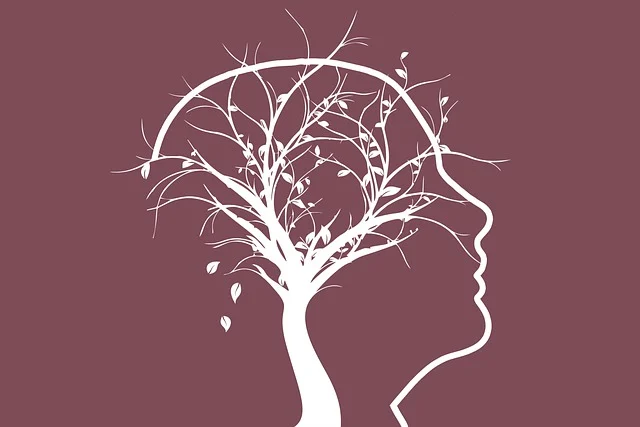
- Being neglected or abused, whether it be psychological, physical, or sexual, preferably as a child (but this can also happen to adulthood). This is particularly true if the abuser is a close friend or family member.
- Being the victim of or witness to violence.
- Being the victim of sexual violence, such as rape, sexual assault, or human trafficking.
- War (for citizens and soldiers alike).
- Suffering a serious hurt oneself, seeing someone else suffer a serious injury or die.
- Other painful or life-altering events, such as fleeing to safety.
The symptoms of dissociative amnesia may also worsen or recur as a result of stress and stressful experiences later in life.
How to diagnoses of dissociative amnesia?
A comprehensive medical history and physical examination are prerequisites for the diagnosis of DA by a medical professional. This can assist them in ruling out additional amnesia-causing factors, like:

- diseases,
- brain damage,
- and the effects of alcohol and narcotics
You may be referred to a psychologist or psychiatrist, among other mental health professionals, if a physical explanation for your amnesia cannot be determined. This person is qualified to recognize and diagnose a range of mental health conditions.
A psychological assessment will be conducted to obtain data and obtain a clear understanding of your life events and functional level. Inquiries regarding your habits, ideas, and feelings will be made in addition to your symptoms.
A psychological examination is just one technique that can be utilized to aid in the diagnosing process. The American Psychiatric Association’s Diagnostic and Statistical Manual of Mental Disorders (DSM-5) is one such.
How to treat dissociative amnesia?
Helping a person with dissociative amnesia regain their memories is the main goal of treatment, which frequently involves helping them deal with the unpleasant effects of going through or seeing the traumatic events that caused the amnesia.
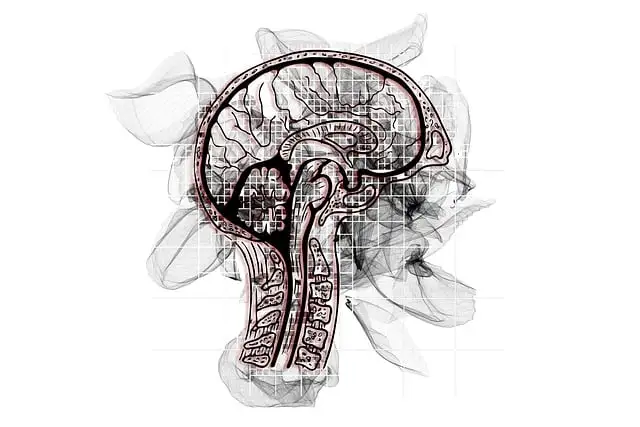
It’s thought that with the right care, your memories should start to resurface on their own. The course of treatment for this illness usually relies on the kind and intensity of your symptoms as well as whether you have any co-occurring illnesses.
Psychotherapies
Psychotherapies includes:
- Cognitive-behavioral therapy (CBT): CBT aims to alter unfavorable thought and behavior patterns.
- Psychodynamics: The goal of psychodynamic therapy is to investigate the unconscious dynamics that underlie symptoms and suffering.
- Family therapy: involves all members of the family in the healing process. Other family members are trained to identify the condition’s symptoms and the most effective ways to support their loved ones in coping with them through family therapy.
- Creative therapy: Art therapy and music therapy are two examples of creative therapy. You can examine challenging emotions and feelings in a setting that you feel secure and at ease in with these types of therapy.
- Hypnosis: This modality can be applied to treat dissociative amnesia by creating other states of awareness.
Medications
Dissociative amnesia is not currently treated with medicine. On the other hand, your doctor may occasionally recommend medicine to address additional symptoms that could be connected to the illness. Typically, these symptoms include depression, worry, and difficulty sleeping.
Antidepressants or anxiety medications may be recommended to people who exhibit these symptoms.

